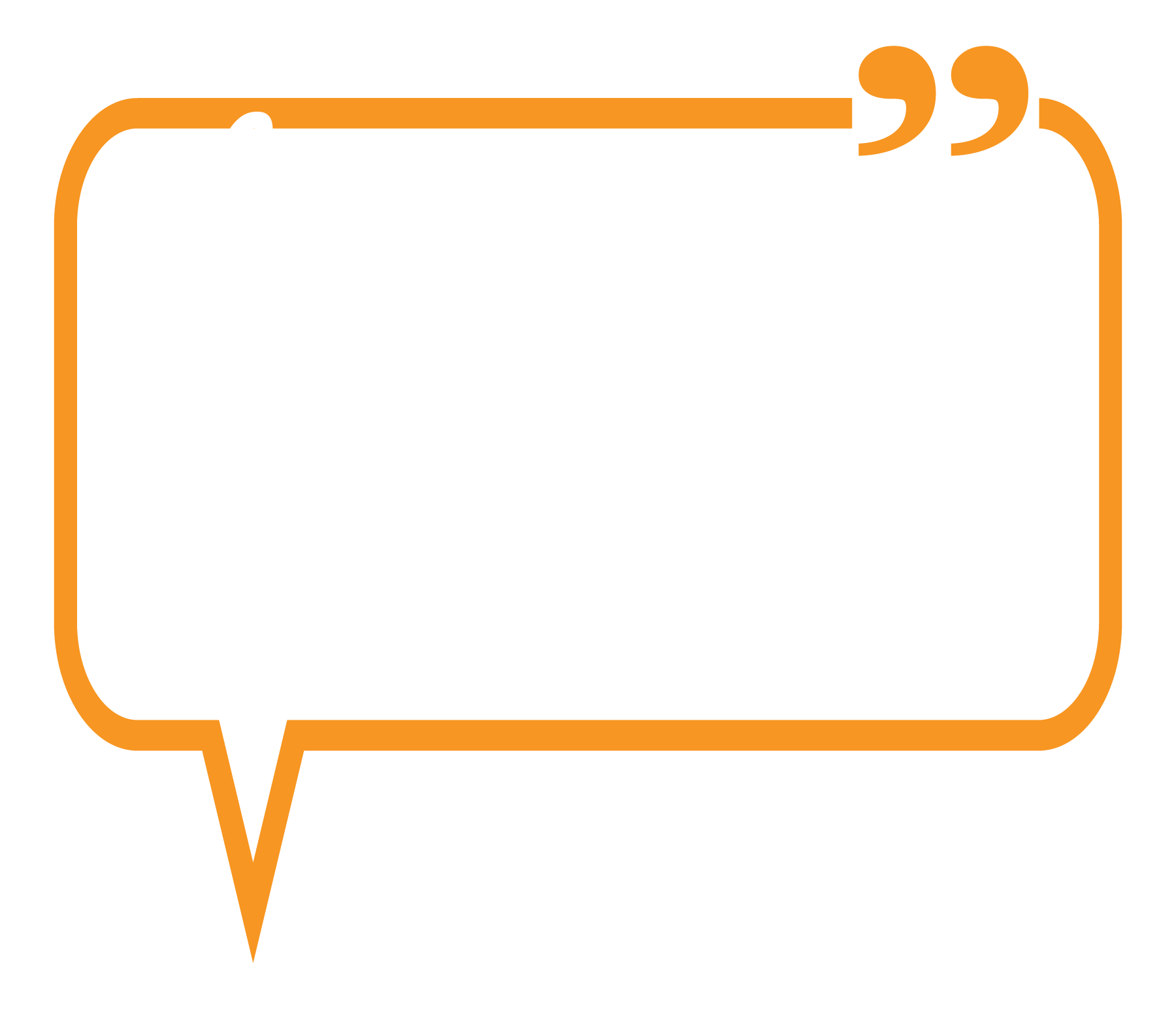Recently a member of the Foodie Nation Community reported back on having gone to see her dietician. Her report-back got me so excited because what she outlined was exactly what I saw as the most effective use of time between a bariatric patient and a dietician. So naturally I wanted to share the dynamics at play so you, too, can get the most out of your appointments.
Why your appointments may not be as helpful as they could be
Let’s start here. Because I get a lot of emails from people expressing that their meetings with their dietician or nutritionist (yes, there is a difference!) was less than helpful. I’ve had enough of these conversations that I know the general themes:
- “S/he doesn’t understand me…”
- “I don’t understand what I’m supposed to do/eat…”
- “S/he gave me directions but they don’t seem realistic…”
Deep breath. Have you experienced any of this?
Hopefully I’ll get comments like, “No way, Nik! My dietician is AWESOME!”
But if you have experienced this? It’s frustrating.
Thankfully, however, it can be traced back to one single thing: preparation! So let’s talk about that next.
How to prepare to meet with your dietician/nutritionist
Now the policies of your particular dietician/nutritionist may vary, but here are a few prep steps I think will always serve you well:
- Keep a food log for about a week prior to going to see your dietician/nutritionist. This can be written, MyFitness Pal, whatever. But it’s good for them to get a snapshot of how you are eating. (And be honest! You are only wasting your and their time by fibbing.)
- Log your activity too! You can do that in your food diary or separately. But to get an accurate picture of how your body uses calories, it’s helpful to know both what you are eating and how much you are moving. (Again, be honest!)
- Write down any questions or concerns you have. This includes when you’re having trouble controlling yourself. Your dietician/nutritionist is NOT here to be the “school principal.” It’s not their job to admonish you or call you names (and if they do, find a new one!) but rather to get a clear picture of your unique challenges so that they can help you devise strategies. So if you find yourself gravitating toward Doritos every afternoon, you need to speak on it! A good dietician/nutritionist will help you work through that habit/craving and figure out something better.
This prep step helps you do several things. First, like I said, it gives your dietician/nutritionist the information they need to determine whether you are on track with your current weight loss goals or if something needs to be tweaked. Second, when you prepare with questions and concerns, you can get…answers! (We’ll talk about that next)
What to do at your appointment
So you’ve tracked your food, you’ve logged your activity. You’ve written down questions. Now you’re in the room with your dietician/nutritionist. Here’s what you’re gonna do.
- Bring a notebook/pen to take notes. (This can also be the notebook you’ve written your questions in!)
- Ask to talk over your food diary to get feedback. Most dieticians/nutritionists will do this anyway, but just in case, ask for it! Ask for specific feedback. Are there places where they see you could have made a better food choice? What would that food choice be?
- Ask to review your caloric/macro-nutrient/water goals. This is important just to make sure the two of you are on the same page. Your goals are going to change as time goes on and it’s important to understand and affirm those targets. And write them down!
- If you have specific cravings/food weaknesses, discuss alternatives.
- Finally, set some goals for you to work on for the next time you meet. These might be weight loss goals (to lose X pounds) or behavioral goals (to be drinking X oz. water a day). But having clear goals of things you’re going to work on helps to measure your progress. Again, many dieticians/nutritionsts do this already but just in case, ask them! And tell them that you are writing down your action steps of things to work on.
What to do after your appointment
If you’ve followed the above advice, you have a bunch of information and action steps. Don’t get overwhelmed! Here’s what you do.
- If there have been any changes in your caloric/macro-nutrient goals, be sure to put them into your food logging platform so that you can measure effectively.
- Put any check-in dates or action steps in your calendar (I like to just tell Siri to remind me…easy peasy!)
- Set a date on your calendar for one week prior to your next appointment to log your food again!
Bottom line: get the information you need!
That’s the real purpose of seeing any medical professional: to get the information you need to take care of yourself. Going to the dietician or nutritionis is not for shaming yourself. It’s not to “face the music.” It’s to give information about what you’ve been doing, and get information about what you should be doing moving forward. Plain and simple. If you approach it like that, it’s sort of like a business meeting, if you think about it!
Need help prepping? We’ve got you covered!
Prepping for anything can be stressful and overwhelming. But no worries – you’ve got help!
Download this free Bariatric Dietary Appointment Prep Plan that outlines:
- The exact things you should do to prep for next dietician/nutritionist appointment (and when you should do them)
- A list of symptoms/experiences you should always report
- Questions to ask to get the most out of your appointment (and, for your convenience they are broken down into general questions, questions for new post-ops, and questions for longer-term post-ops)
- Tips on effective goals you can set with your dietician to help keep you on track
Download this prep plan and use it every time you go in for an appointment – and you’ll always leave with the answers you need! Fill out the short form below, and I’ll send the Prep Plan straight to your email inbox.
[convertkit form=5022643]
Arm yourself with support: Join the Foodie Nation Community
And if you’re a member of the Foodie Nation Community, you have a place to report out on how these appointments go. From there you can use the Weekly Action Plan forum inside the community to set goals week by week to stay on track. Then you can use the Daily Accountability forum to report back on how you are doing each and every day, and get encouragement to keep going! Inside the community, we also have weekly support calls where you’ll get to discuss your challenges and get advice custom made for you!
If you’re not a member, we’d love to have you. Join today!


I have an appointment with my dietitian tomorrow and found this article really helpful. I am known for my written comments and questions, lol. This has given me a few new ideas on how to refine my appointment time with her.
Thanks so much!